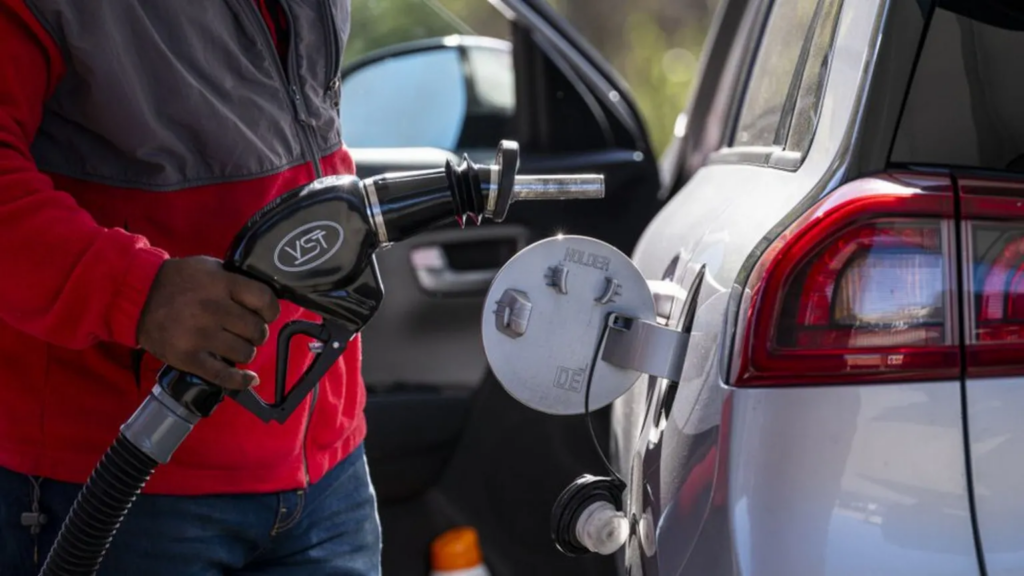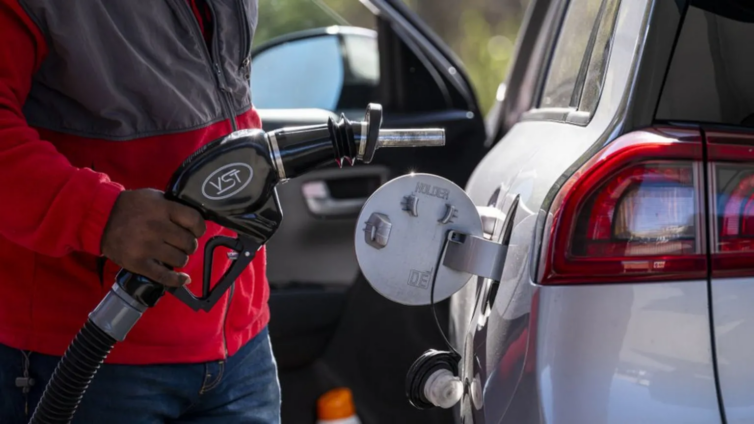
Audio By Carbonatix
Consumer prices in the US rose faster than expected last month, in a sign that the fight to slow inflation has stalled.
Prices rose 3.5% over the 12 months to March, up from 3.2% in February, the US Labor Department said.
Higher costs for fuel, housing, dining out and clothing drove the increase.
Analysts warned the lack of progress will force the US central bank to keep interest rates higher for longer.
Higher interest rates help stabilise prices by making it more expensive to borrow for business expansions and other spending. In theory, that in turn slows the economy, and eases the pressures pushing up prices.
But the Federal Reserve's key interest rate is now set at the highest levels in more than two decades, in the range of 5.25%-5.5%.
Forecasters had expected the bank to start lowering borrowing costs this year, reflecting the fact that the inflation rate, which tracks the pace of price rises, has fallen significantly since hitting 9.1% in 2022.
But recent economic data, including strong jobs creation figures last week, has raised doubts about how soon those cuts might come.

Analysts, who once expected rate cuts as soon as March, have been rapidly revising bets, with many now not expecting any until later this summer and some predicting the bank could wait until next year.
What the Fed decides to do is likely to shape decisions by central bankers all around the world, said Neil Birrell, chief investment officer at Premier Miton Diversified Funds.
"The Fed has got some head scratching to do and if other central banks were waiting for the Fed to move, they have got a conundrum on their hands now," he said.
Inflation cooled rapidly over 2023 as pandemic-era supply issues healed and the spike in food and energy prices sparked by the war in Ukraine faded, but it still remains higher than the bank's 2% target.
An uptick in oil prices prices in recent months has also pushed energy costs higher, while prices for services show little sign of stabilising.
The Labor Department said prices jumped 0.4% from March to February, the same as in February.
Higher petrol and housing costs accounted for more than half the increase.
Car insurance, medical care and costs for internet also contributed.
So-called core inflation, which is seen by economists as a better indicator of future trends because it does not include more volatile food and energy prices, stood at 3.8%, the same as in February.
"We shouldn't overreact to the jump in headline inflation - which was all about energy," said Brian Coulton, chief economist at Fitch Ratings. But he added: "The details are not at all reassuring for the Fed."
Latest Stories
-
Uproar as UG fees skyrocket by over 25% for 2025/2026 academic year
42 minutes -
Japan PM joins fight for more female toilets in parliament
2 hours -
Ga Mantse declares war on fishing industry child labour
2 hours -
Adom FM’s ‘Strictly Highlife’ lights up La Palm with rhythm and nostalgia in unforgettable experience
3 hours -
OMCs slash fuel prices as cedi gains
4 hours -
Around 40 dead in Swiss ski resort bar fire, police say
5 hours -
AFCON 2025: Aubameyang and Nsue make history among oldest goalscorers
6 hours -
AFCON 2025: How Kwesi Appiah’s Sudan qualified for round of 16 without scoring any goal
7 hours -
Ghana is rising again – Mahama declares
7 hours -
Firefighters subdue blaze at Accra’s Tudu, officials warn of busy fire season ahead
8 hours -
Luv FM’s Family Party In The Park ends in grand style at Rattray park
8 hours -
Mahama targets digital schools, universal healthcare, and food self-sufficiency in 2026
8 hours -
Ghana’s global image boosted by our world-acclaimed reset agenda – Mahama
8 hours -
Full text: Mahama’s New Year message to the nation
8 hours -
The foundation is laid; now we accelerate and expand in 2026 – Mahama
8 hours

